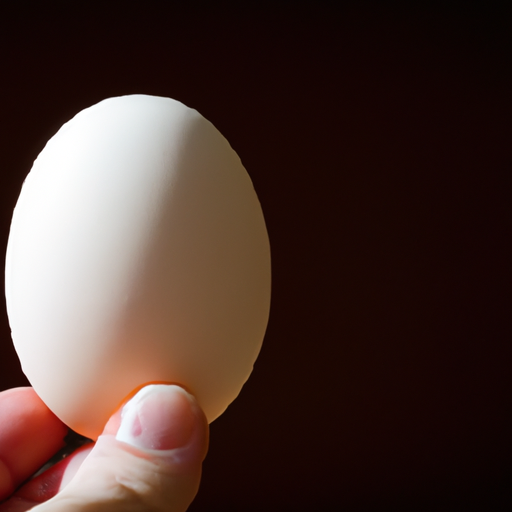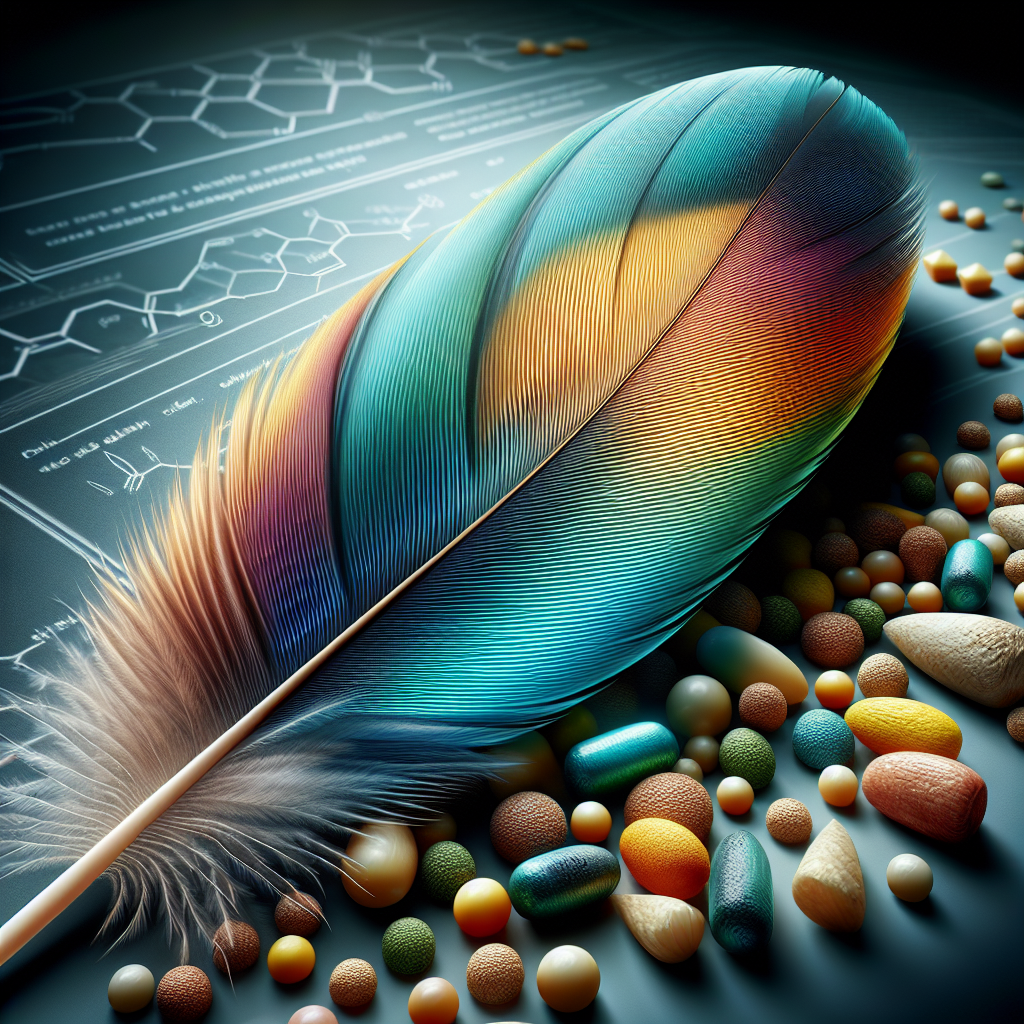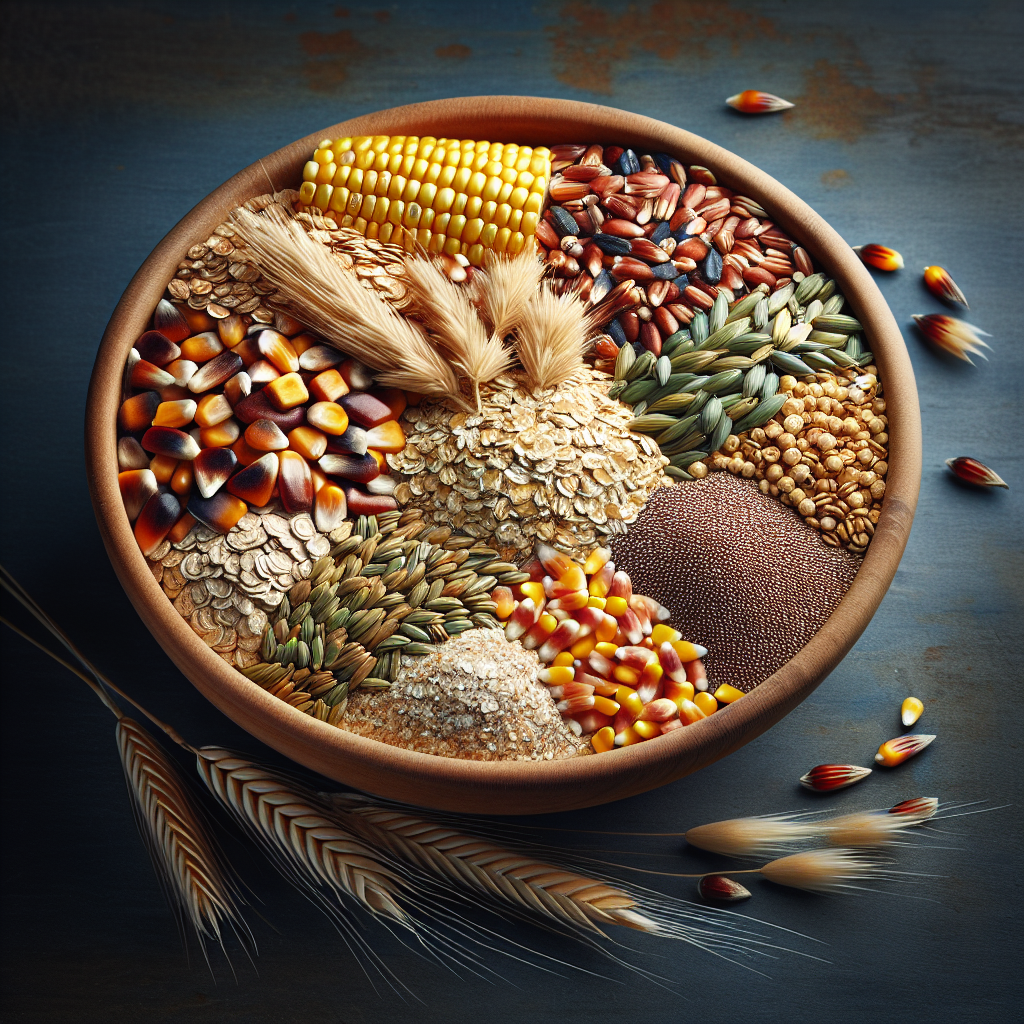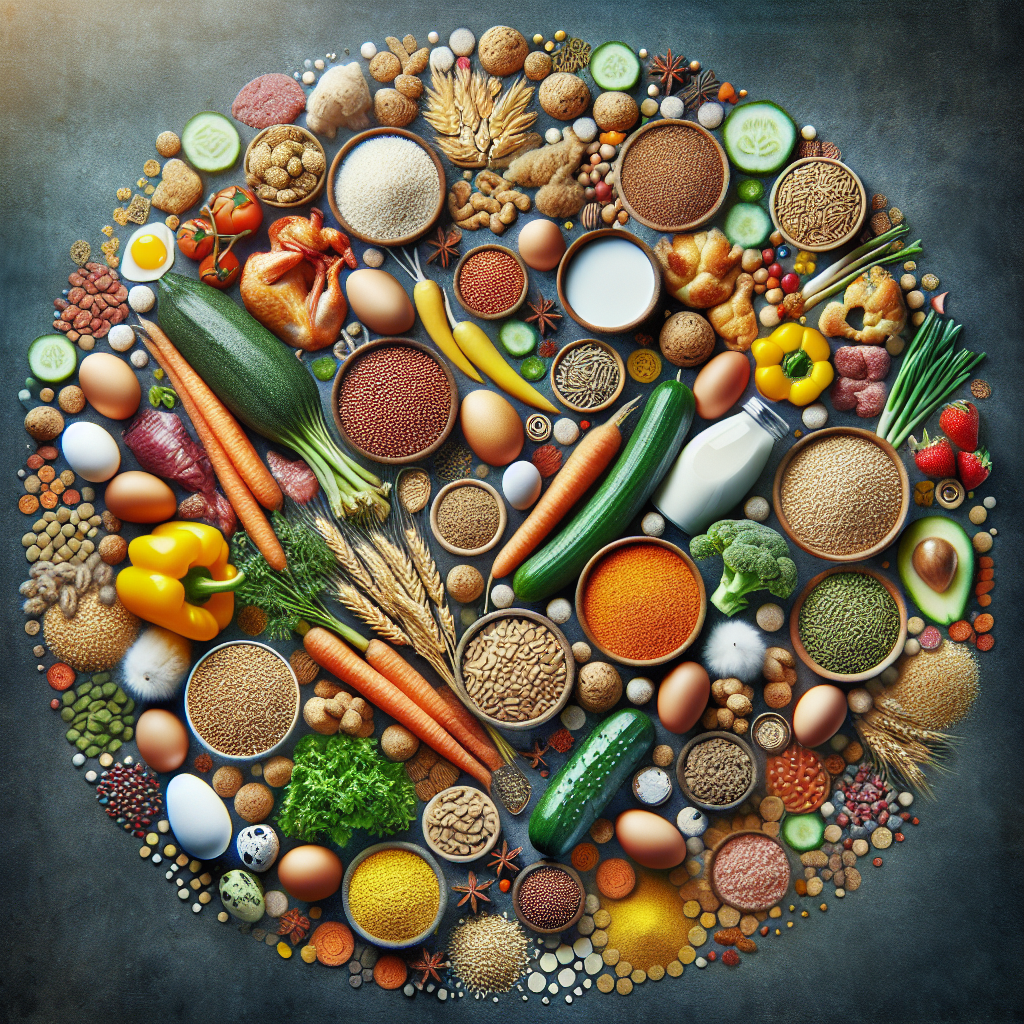Imagine this: you’re a chicken farmer, tending to your flock of feathery friends as they roam around your farm. As you observe their pecking and scratching, you can’t help but wonder about one crucial aspect of their diet – protein. Why is protein so important in chicken feed, and where does it come from? In this article, we will explore the significance of protein in chicken feed and uncover its primary sources that keep those clucks happy and healthy. So, let’s crack open the facts on why protein is essential for our feathered friends.
Why Is Protein Essential in Chicken Feed?
Protein is an essential component in chicken feed because it plays a vital role in the overall nutrition and well-being of chickens. It is considered a macronutrient, along with carbohydrates and fats, and is necessary for the proper growth, development, and maintenance of various bodily functions in chickens. Protein is composed of amino acids, which are the building blocks of tissues, enzymes, hormones, and antibodies. Since chickens have high protein requirements, it is crucial to provide them with a balanced and adequate protein diet to ensure their optimal health and productivity.
Importance of Protein in Chicken Nutrition
Protein holds significant importance in chicken nutrition due to its numerous roles in the body. Firstly, it serves as a macronutrient, providing energy for chickens’ daily activities, growth, and metabolic processes. Moreover, protein plays a crucial role in enzyme function, facilitating essential chemical reactions in the body. Enzymes are catalysts that speed up metabolic processes, allowing chickens to efficiently digest and utilize nutrients from their feed.
Furthermore, protein is involved in hormone production, which regulates various physiological processes in chickens. Hormones are chemical messengers that coordinate growth, reproduction, and metabolism. Inadequate protein levels can disrupt hormone production, leading to imbalances in these crucial bodily functions.
Protein also plays a vital role in building and repairing tissues in chickens. It contributes to the formation of muscles, organs, feathers, and skin. Without sufficient protein, chickens may experience stunted growth, reduced muscle development, and impaired tissue repair.
Lastly, protein is essential for antibody formation, which is a vital component of the immune system. Antibodies help chickens fight off infections and diseases by recognizing and neutralizing harmful pathogens. Insufficient protein intake can weaken the immune system, making chickens more susceptible to infections and reducing their ability to recover from illnesses.
Protein’s Role in Growth and Development
Protein significantly influences the growth and development of chickens. During the early stages of life, such as chick growth, protein is critical for building the necessary tissues and organs. Adequate protein intake ensures proper cellular division and differentiation, enabling chicks to develop strong and healthy bodies.
Protein also has a direct impact on feather development in chickens. Feathers are not only essential for flight and insulation, but they also serve as protective coverings for the chicken’s body. Protein is a fundamental component of the keratin protein structures found in feathers, providing strength, flexibility, and durability. Insufficient protein can lead to weak, malformed feathers, negatively affecting the chicken’s ability to regulate its body temperature and protect itself from environmental factors.
Moreover, protein plays a significant role in muscle formation and development in chickens. Muscles are essential for locomotion, movement, and overall body strength. Protein supplies the necessary amino acids for muscle protein synthesis, enabling the growth and maintenance of healthy muscle mass. Proper protein intake ensures that chickens have sufficient muscle development, allowing them to engage in their natural behaviors and activities.
Additionally, protein contributes to skeletal development in chickens. The bones provide structural support and serve as mineral reservoirs. Optimal protein levels are essential for the formation, mineralization, and maintenance of healthy bones in growing chickens. Insufficient protein can lead to skeletal abnormalities, such as weak bones, deformities, and impaired locomotion.
Protein Requirements for Different Stages of Chicken
The protein requirements for chickens vary depending on their life stage and purpose. Different breeds and types of chickens also have varying protein needs. It is crucial to understand these differences and provide appropriate levels of protein to ensure chickens receive optimal nutrition and support their growth and development.
Broiler chickens, which are raised for meat production, have high protein requirements to support rapid growth and muscle development. They typically require a protein content of around 18-24% in their feed throughout their life. This higher protein level ensures that broiler chickens can efficiently convert nutrients into muscle mass, resulting in well-developed, meaty birds.
Layer hens, which are bred for egg production, also require adequate protein in their diet. The protein content in their feed should be around 16-18% to supply the necessary amino acids for egg formation and maintenance of their laying cycle. Sufficient protein intake ensures that layer hens can produce high-quality eggs consistently.
Breeding chickens, including roosters and hens used for reproduction, have specific protein requirements to support successful mating, fertility, and embryo development. The recommended protein content for breeding chickens is around 16-20%, ensuring optimal reproductive performance and healthy offspring.
Chickens in their early life stages, such as chicks and pullets, have higher protein requirements to support rapid growth and development. They typically require a protein content of around 20-22% in their feed during the first few weeks of life. As they mature, the protein content can gradually decrease to meet their specific needs.
Effects of Protein Deficiency in Chicken Feed
Insufficient protein in chicken feed can have detrimental effects on the health and well-being of chickens. Protein deficiency can lead to various issues that impact their growth, reproduction, immune system, and overall vitality.
One of the most noticeable effects of protein deficiency is stunted growth and development. Without enough protein, the chickens’ bodies are unable to synthesize essential tissues and organs properly. This can result in delayed growth, poor muscle development, and compromised overall size. Protein deficiency can also manifest as feather abnormalities, such as sparse or misshapen feathers, affecting the chicken’s appearance and ability to regulate body temperature.
Protein deficiency can also lead to reduced egg production in laying hens. Since protein is necessary for egg formation and maintenance of the laying cycle, insufficient protein intake can result in decreased egg production and poor egg quality. This can negatively impact the profitability of egg-producing farms and limit the availability of eggs for consumers.
Additionally, protein deficiency weakens the immune system of chickens, making them more susceptible to infections and diseases. Proteins play a significant role in antibody formation, which is crucial for the immune system’s ability to recognize and fight off pathogens. Without enough protein, the chickens’ immune response is compromised, leaving them defenseless against harmful microorganisms.
Moreover, protein deficiency can cause a decline in feather quality in chickens. Feathers play a vital role in protecting the chicken’s body and regulating body temperature. Insufficient protein can result in weak and brittle feathers, making chickens more vulnerable to environmental stresses and reducing their ability to withstand fluctuations in temperature.
Primary Sources of Protein in Chicken Feed
Chicken feed manufacturers and poultry farmers have various options for providing the necessary protein to chickens. These primary sources of protein can come from plant-based, animal-based, insect-based, and microbial sources.
1. Plant-Based Protein Sources
Plant-based protein sources are commonly used in chicken feed due to their availability and nutritional composition. Soybean meal is a popular plant-based protein source, as it is highly digestible and rich in essential amino acids. Corn gluten meal, sunflower meal, and rapeseed meal are also commonly used in chicken feed to provide additional protein content.
2. Animal-Based Protein Sources
Animal-based protein sources are derived from animal products and by-products. Fish meal, made from ground-up fish, is a valuable protein source due to its high amino acid content. Meat and bone meal, blood meal, and poultry by-product meal are other examples of animal-based protein sources that can be included in chicken feed to increase protein levels.
3. Insect-Based Protein Sources
In recent years, insect-based protein sources have gained attention for their potential as sustainable and nutrient-rich alternatives. Black soldier fly larvae, mealworms, crickets, and silkworm pupae are examples of insect-based protein sources that can be incorporated into chicken feed. These insects provide a highly digestible protein profile and can contribute to a more balanced and sustainable diet for chickens.
4. Microbial Protein Sources
Microbial protein sources, such as single-cell proteins, algae and seaweed, fermented feed, and yeast, offer alternative protein options for chicken feed. These sources are rich in essential amino acids and contribute to the overall protein content of the feed. Microbial protein sources can be particularly beneficial in situations where conventional protein sources are limited or expensive.
In conclusion, protein is an essential component in chicken feed due to its critical role in the growth, development, and overall well-being of chickens. Providing a balanced and adequate protein diet is key to ensuring optimal nutrition and productivity in chickens. Various primary protein sources, including plant-based, animal-based, insect-based, and microbial sources, can be used to meet the protein requirements of chickens at different stages of their life. Understanding the importance of protein and its primary sources in chicken feed is fundamental for promoting the health and vitality of chickens in the poultry industry.




